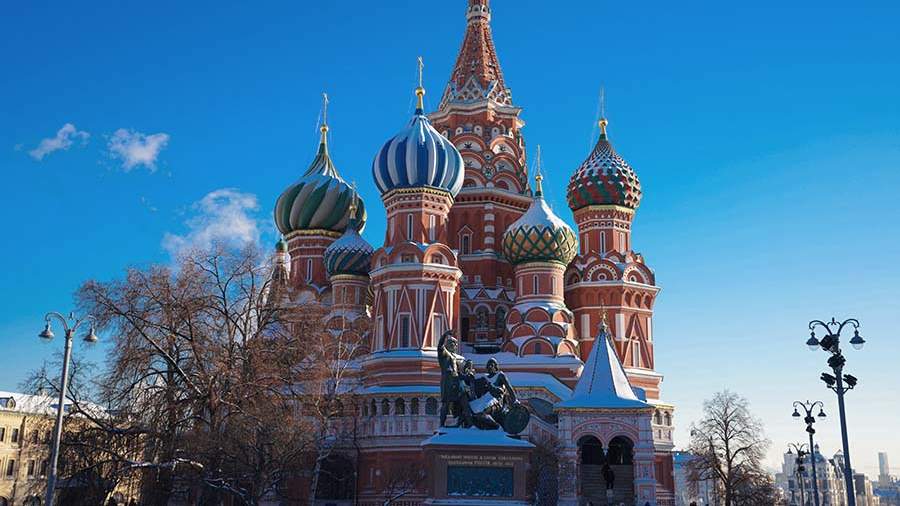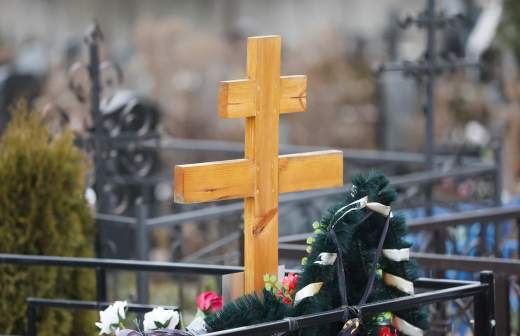March 3 — the beginning of Lent: traditions and the meaning of Clean Monday

The beginning and end of Lent in 2025
The dates of the beginning and end of Lent change every year, as they depend on the time of Easter celebrations. In 2025, Orthodox believers will speak from March 3 to April 19, for a total of 48 days.
The entire Great Lent can be roughly divided into two periods. The first is Great Lent. It was erected in memory of the sojourn of Jesus Christ in the Judean desert. For 40 days, the Son of God walked on a barren land without food or water. In the end, the devil appeared to him, offering various benefits and glory in exchange for renouncing faith, but the Savior did not listen to his words and gained spiritual strength.
The second period of Great Lent is Holy Week. That's what they call the last week before Easter. These days, fasting is especially strict, as the church remembers the betrayal of Judas and the sufferings of Christ on the cross.
Traditions and the meaning of Clean Monday in 2025
The first week of Great Lent, which is called the "Triumph of Orthodoxy," is also particularly strict. At this time, the church celebrates the victory over the iconoclastic heresy in the 9th century AD, and the restoration of the tradition of venerating holy images and relics. Thus, the victory of faith over all false teachings that have ever existed is proclaimed.
Lent opens on Clean Monday. It got its name because it "paves" the way for Easter, the brightest Christian holiday. There is an opinion that on this day it is necessary to clean up the house, throw out all unnecessary things and put on clean clothes. However, the clergy note that the main meaning of this day is not cleaning, but in an effort to purify the soul and thoughts from all sinful things.
During the first week of lent, believers are immersed in a state of prayerful repentance. The Canon of St. Andrew of Crete, which is read in parts from Monday to Thursday, helps in this. It will be played in its entirety on the fifth week of prayer. This hymn tells about the history of Christianity and the path of man to God. During the first week of Lent, church-going people try to visit churches more often, confess and receive communion.
Clean Monday in 2025 — how to fast
Great Lent is the strictest period of fasting in Orthodoxy. For 48 days, believers have been refusing animal products: meat, eggs, dairy products, fish. It is also forbidden to drink alcohol on all days except Saturdays and Sundays. A small amount of wine is allowed on weekends.
At the same time, the main goal of prayer is not physical limitations, but spiritual discipline, self-improvement, rethinking values, and separating the transitory from the eternal. In this case, food restrictions act as a tool and cannot replace prayer, reading the Holy Scriptures, good deeds and love for others. Therefore, one should fast taking into account the characteristics of one's body in order to maintain strength for daily activities and spiritual work. Before Lent, it is recommended to consult with a doctor and a spiritual father to make a balanced nutrition plan.
It should also be remembered that smoking is not limited to the "diet". As explained to Izvestia by Nikolai Savchenko, priest of the church of St. Peter Metropolitan of Moscow in St. Petersburg, Great Lent implies spiritual abstinence from all kinds of entertainment, games, watching movies or videos on the Internet, especially if they do not carry anything useful for the soul. Instead, you should pay attention to reading the Holy Scriptures and other spiritual literature, helping others and working hard.
According to the clergyman, a person who works hard during a fast fills his time with useful activities that do not allow "weeds" to grow and flourish in his soul. At the same time, it is important that the work is not aimed at satisfying earthly passions and desires.
Переведено сервисом «Яндекс Переводчик»


